Democratic Republic Of Congo
Victims of the protest in Goma that turned into clashes between protesters and the armed forces are being treated for severe injuries in nearby hospitals as national authorities estimate the death toll at more than 40 people with many injured.
The protest was organized by a sect called the Natural Judaic and Messianic Faith Towards the Nations and known colloquially as Wazalendo.
Nearly 160 people were arrested during the unrest on Wednesday, according to the communications ministry.
"We were just about to start marching when suddenly we saw armed Congolese soldiers coming. They immediately opened fire on the people demonstrating and on the Wazalendo who were there. That was when I got hit by a bullet too," explained Claude Omar, an injured demonstrator.
Goma’s Mayor Faustin Napenda Kapend had banned the protest on August 23 soon after it was announced.
Congolese security and defence forces had amassed at major intersections in anticipation when violence broke out around 4 a.m. Wednesday.
The supporters were demonstrating against the regional East African Community organization and the U.N. peacekeeping mission in Congo, called MONUSCO, which is in the process of being drawn down by the end of the year.
"There should be a public trial of those responsible because you can't just shoot civilians who aren't even demonstrating," denounced Jean Luc Bahati, lawyer and human rights worker for rights group SUWE.
"You can't shoot at civilians to the point of killing so many people, when they weren't even demonstrating, it's truly a blatant disproportioned use of lethal power," added the lawyer.
Advocacy group, Human Rights Watch, deemed Wednesday’s events "an apparent massacre".
"It's a crime against humanity because they killed people in a church. People that are in churches praying are protected because churches are protected spaces under international law, yet they murdered the people in that church, and others that were hiding in enclosed areas, they murdered people who were unarmed. Some weren't even part of the protest, they weren't even in the streets," defended Mr. Bahati.
The city of Goma has been the scene of several armed conflicts for decades.




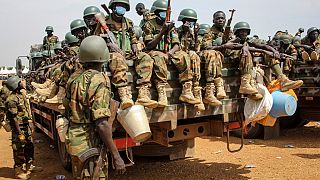
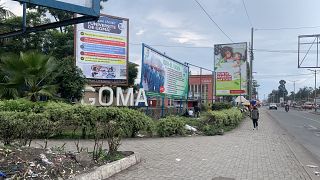
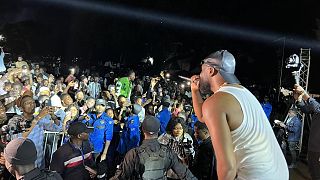
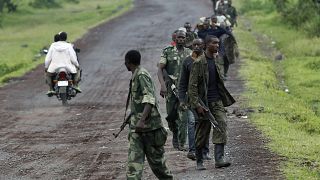
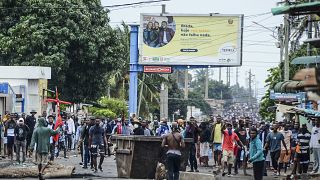
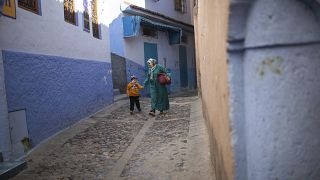
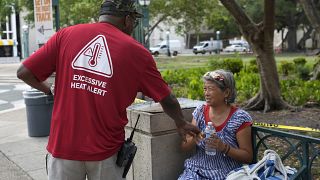
01:04
Post-election violence intensifies in Mozambique ahead of SADC meeting
Go to video
Nigeria’s army chief dies at 56
01:09
South Africa closes main border with Mozambique, citing safety concerns amid post-election protests
01:00
Mozambique's President urges an end to deadly protests against recent election results
01:14
Nigerian children could face death penalty for taking part in protests
00:56
South Sudan's peace monitoring body meets to discuss election postponement